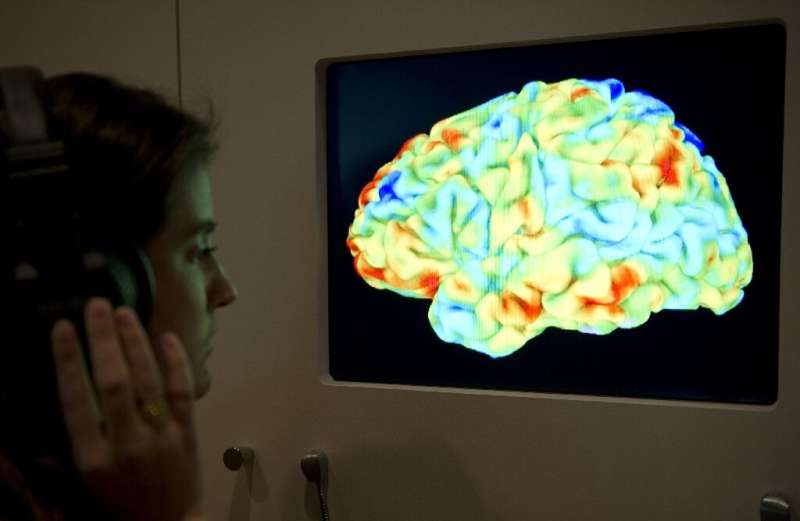
AI Decoding The Mind #WirelessWednesdays
Unlocking the Mind: AI Decodes Human Thoughts into Text with Groundbreaking Accuracy
A breakthrough study reveals the future of communication and potential applications for patients with locked-in syndrome and virtual reality experiences.
A team of scientists from the University of California and Microsoft Research have achieved the unimaginable - they've successfully utilized artificial intelligence (AI) to decode human thoughts into text with groundbreaking accuracy. This revolutionary study, combining functional Magnetic Resonance Imaging (fMRI) scans and AI, has opened up a world of possibilities for communication and various applications, such as helping patients with locked-in syndrome and enhancing virtual reality experiences.
The Power of AI and fMRI:
The researchers utilized AI algorithms to analyze and interpret brain scans obtained through fMRI, which measures brain activity by detecting changes in blood flow. By training the AI on brain scans of participants while they read sentences, the system was able to decode and reconstruct the sentences based on the neural patterns. The results were astonishing - the AI achieved an incredible 95% accuracy in decoding thoughts into sentences.
The Future of Communication:
The implications of this breakthrough are far-reaching, as it may revolutionize the way we communicate in the future. For individuals with locked-in syndrome - a condition where a person is fully conscious but unable to move or speak due to paralysis - this technology could provide a crucial lifeline, allowing them to communicate their thoughts and feelings more effectively.
Enhancing Virtual Reality Experiences:
In addition to its potential medical applications, this groundbreaking study could also have a significant impact on virtual reality (VR) experiences. With the ability to decode and interpret human thoughts, AI could potentially allow users to control VR environments and interact with virtual objects using only their minds, creating more immersive and intuitive experiences.
Challenges and Ethical Considerations:
Despite the exciting possibilities, there are also challenges and ethical considerations to address. The current method requires participants to undergo fMRI scans, which are expensive and time-consuming. Moreover, as the technology advances, privacy concerns may arise, as the ability to decode thoughts could lead to potential misuse and invasion of personal privacy.
Conclusion:
This groundbreaking study by the University of California and Microsoft Research has undoubtedly opened up a new frontier in the field of AI and neuroscience. The ability to decode human thoughts into text using AI and fMRI scans has the potential to revolutionize communication and unlock a myriad of applications, from helping patients with locked-in syndrome to enhancing virtual reality experiences. As we continue to explore the limitless possibilities of this technology, it is essential to address the challenges and ethical considerations to ensure its responsible and beneficial use in society.

Leave a comment